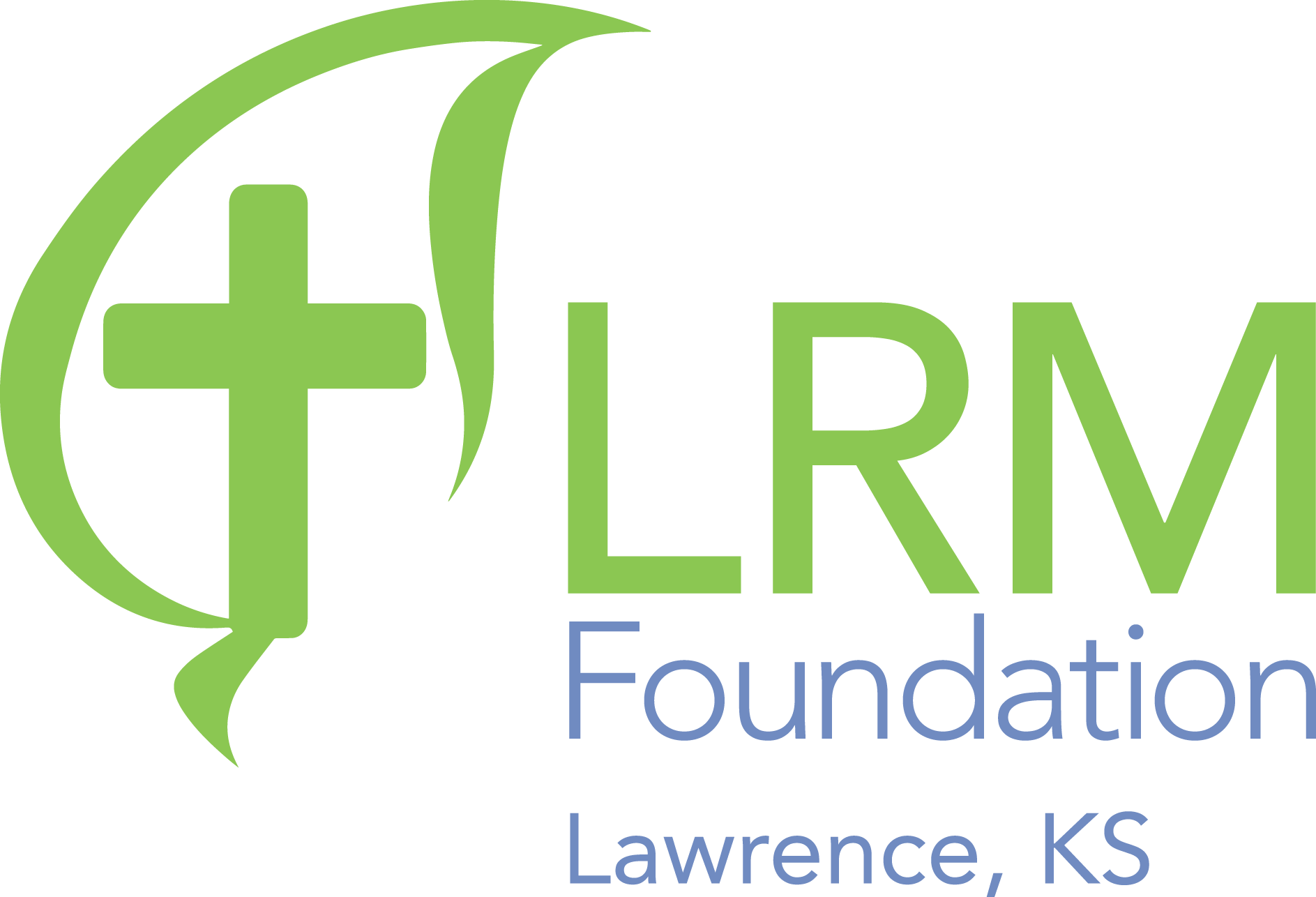Education
LRM is proud to partner with the Center for Universal Sciences, Technology, Engineering, Mathematics and Humanities
Current Program Initiatives
Current donations to the Education Initiative will support youth with access to Science, Technology, Engineering and Mathematics (STEM) kits.
Funding Goal: Mobile STEM lab


Upcoming Events
Mission
The Center for Universal STEM and Humanities’ mission is to actively engage in the convergence of science, technology innovation, engineering, mathematics, and the arts centering the histories and cultures of Black and other Indigenous People of Color; providing identity-affirming platforms to empower youth to contribute to the discovery and expansion of STEM globally that will prepare middle school students to succeed in high school and beyond.
Vision
We are committed to cultivating and sustaining a community learning center rooted in equity, diversity, inclusion, accessibility, and cultural liberation with an emphasis on culturally-responsive STEM literacy.
Philosophy for Teaching and Learning
The Center for Universal STEM and Humanities is committed to cultivating and sustaining a community school rooted in equity, diversity, inclusion, accessibility, and cultural liberation with a STEM literacy emphasis.
Students, families, educators, and community partners will work to understand and apply critical consciousness that authentically interrogates existing education policies, practices, curricula, and systems to co-create culturally inclusive and responsive transformative education that amplifies young scholars’ identities.
Student voice and family engagement are critical to every facet of the school design, professional development, and instruction.
Design Principles: Identity, Community, Pathways
Authentic educational spaces nurture your spirit, cultivate your identity, and amplify your voice.
Co-construct teaching and learning environments in which Humanities are integral to the understanding and application of STEM to advance classroom and local community relationships.
Mentoring partnerships create education and career pathways for students.
We are looking to lead the charge when it comes to blending the humanities with traditional S.T.E.M. learning. This approach is not “more art than science,” or vice versa. It’s a balanced blend of both. The “A” in the acronym S.T.E.A.M. quite literally adds art to the traditional science, technology, engineering and math construct. A series of workshops are being hosted by the Life Restoration Ministries Foundation in partnership with the Center for Universal STEM and Humanities.
Dr. Shakiyya Bland founded this culturally-based STEAM learning program. Dr. Bland recently hosted a workshop at the Lawrence Public Library where students (grade 3 through 5) learned about the biomechanics of a human hand. The workshop explored more than just the nuts and bolts of the machinery. A cultural context was applied. Please watch our video to learn more.
If you would like to get involved with programs like this, please email shakiyya@steamculture.org.
Read The Latest
S.T.E.A.M. Education Workshops Add Arts, Humanities to Science
One non-profit organization in Lawrence, Kansas is looking to lead the charge when it comes to blending the humanities with traditional S.T.E.M. learning. This approach is not "more art than science," or vice versa. It's a balanced blend of both. The "A" in the...
